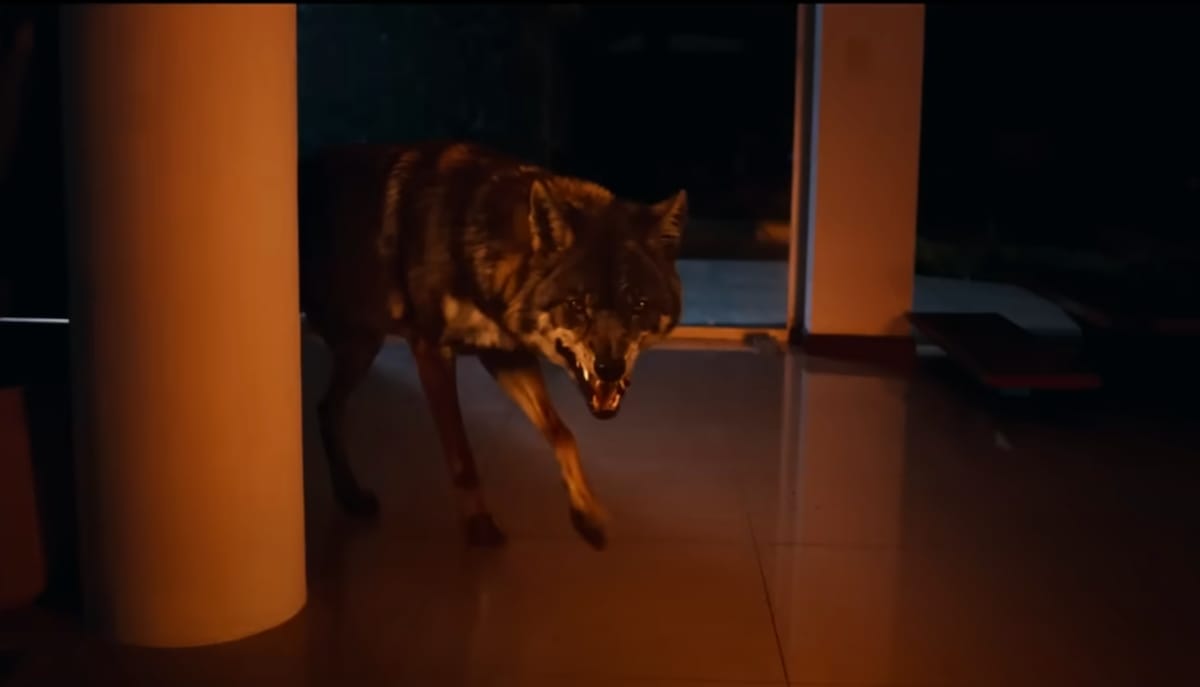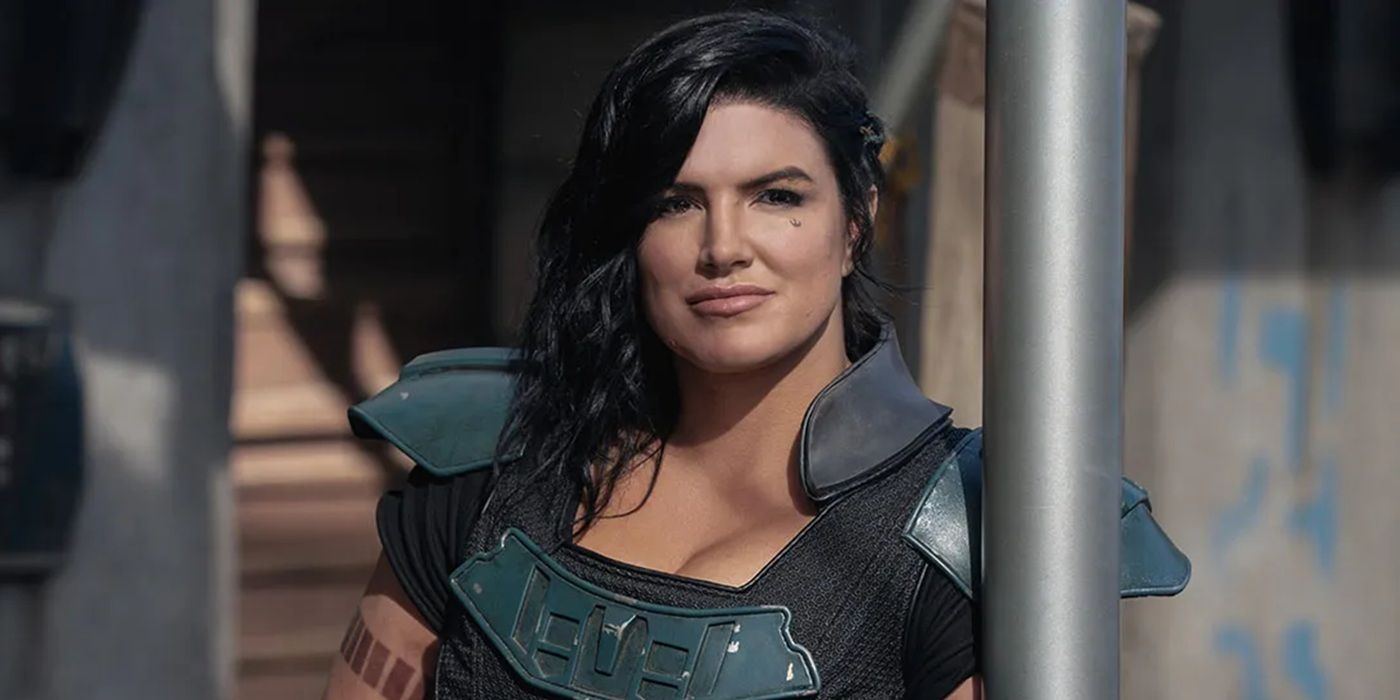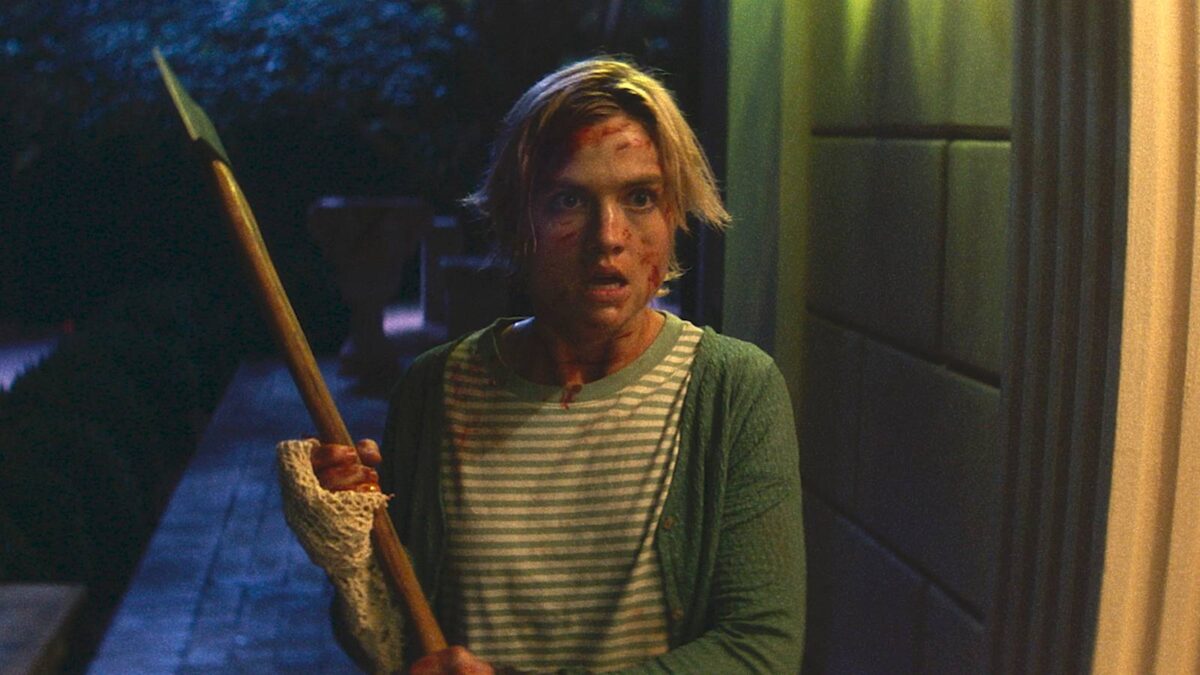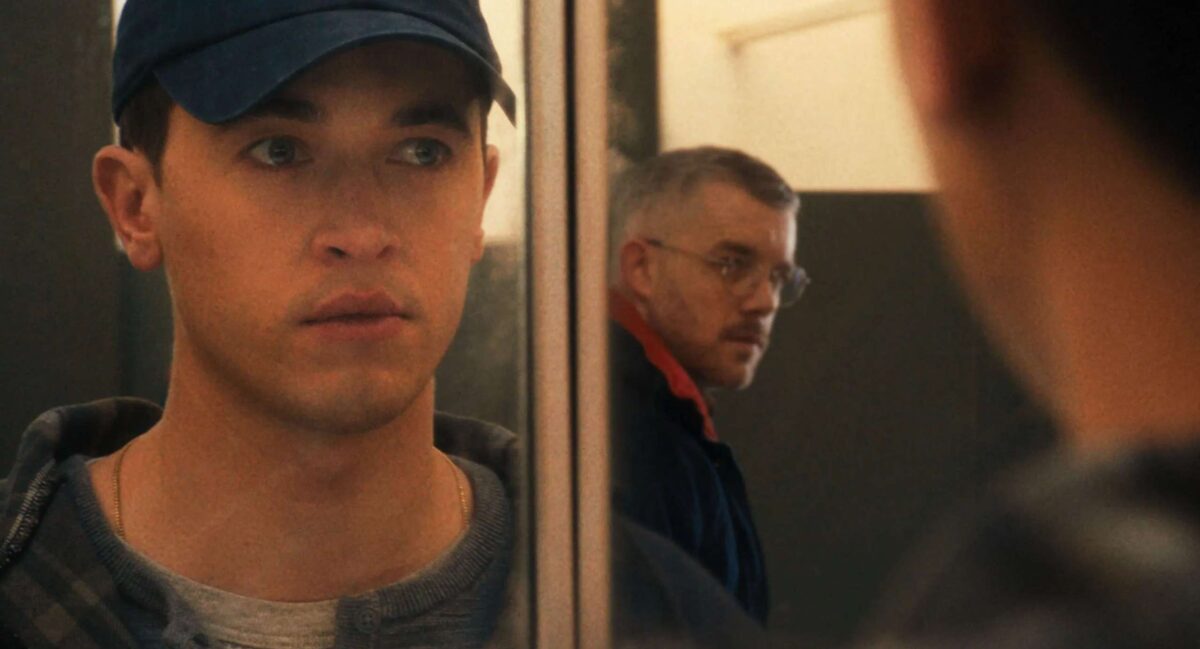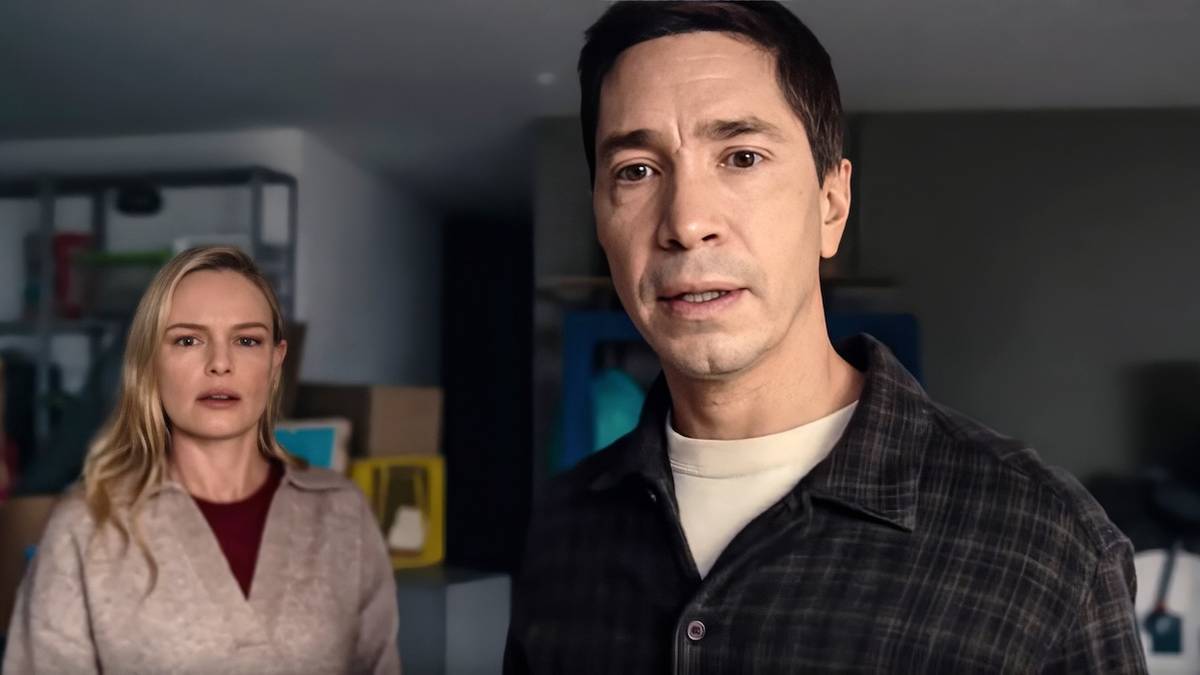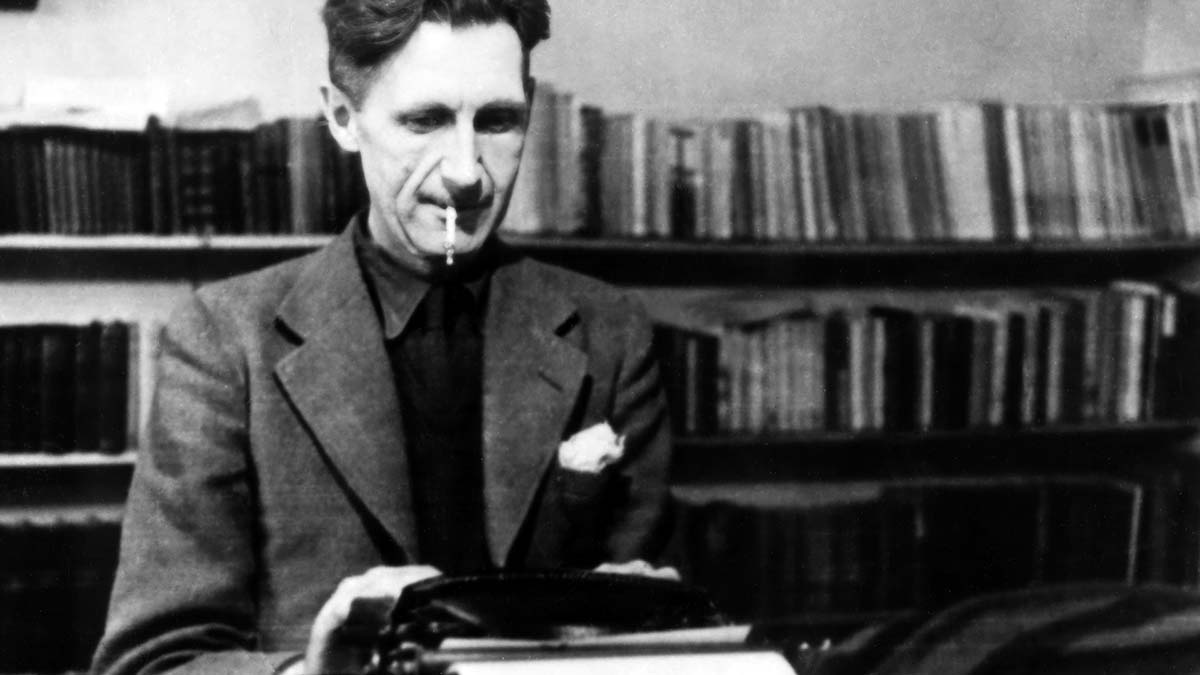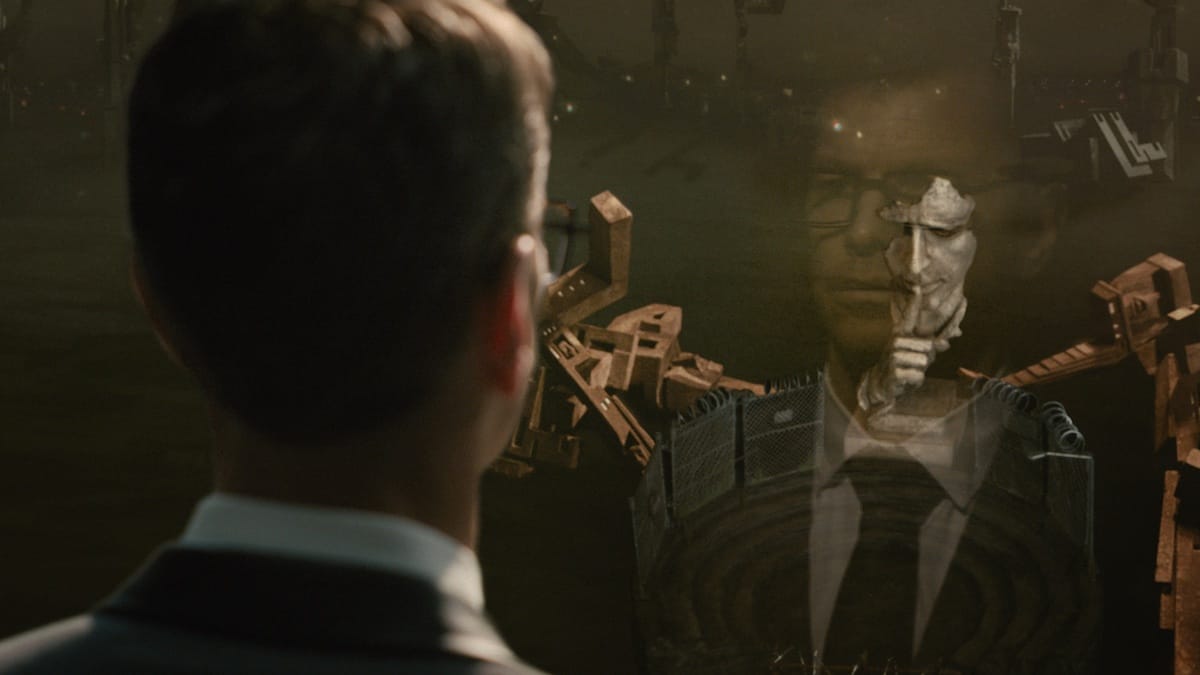
Tiffany Kimmel’s ‘Civil Service’ Explores Tyrants Who Despise the People They Supposedly Serve
Aug 12, 2025
Tiffany Kimmel, the writer-director of the bold new short film “Civil Service,” says she had a complicated reason for becoming a storyteller: “I grew up wanting to tell provocative stories to make my grandmother love me.”
Growing up in rural Oregon, she was religiously homeschooled on a family compound. Her grandmother, Ardis, “told me often how she had never wanted children, and by proxy, had no desire for us, her grandchildren,” says Kimmel.
“Her life, she said, would have been absolutely fine if we didn’t exist. We made her feel old,” Kimmel continues. “Every day, when I’d take her the mail or she’d walk down the gravel driveway to our house she’d ask, ‘Tell me a story, make it up if you have to. Make it good.’”
Her latest good story, “Civil Service,” just world premiered at the latest edition of the Indy Shorts International Film Festival, one of MovieMaker‘s 50 Film Festivals Worth the Entry Fee and 25 Coolest Film Festivals in the World. The short film tells the story of a powerful family-services bureaucrat (Eric Toms) in a dystopian world who works in an office tower where he keeps a receptionist in a desk drawer, and keeps everyone else waiting. He doles out housing and other necessities based on his whims, and occasionally his own creepy ulterior motives.
The film combines animation and miniature to create tension between the too-familiar scenario and the dreamlike world in which it takes place. Kimmel works closely with artists Chris Alsop and Eric Oxford, with whom she previously collaborated on the award-winning stop-motion short “Everybody Goes to the Hospital.”
Kimmel works with Alsop, a writer and illustrator, on projects under the Nihil Declarandum banner, and is currently developing her first feature film in partnership with Mackinnon & Saunders. She has also worked as a writer and producer for commercial agencies, production houses, and post production facilities such as Gentleman Scholar, Technicolor/MPC, Pulse Films, iDeA: Intelligent Design Agency and A24.
We talked over email about pettiness, the unforgettable look of “Civil Service,” andgrowing up with restricted viewing.
MovieMaker: How did your talks with your grandmother lead you into filmmaking?
Tiffany Kimmel: I didn’t realize at the time that she was training me for a life in the industry. I became a filmmaker by accident. Working in L.A. as a frustrated freelance writer trying to get staffed, I’d grown tired of being told that I had fantastic stories, but!
For my managers to be able to staff me, or sell my ideas, I would need to give up writing original screenplays and focus on adapting my voice to mimic other popular show-runners or authors. Original pilots were for established writers, not for baby writers. Everyone in LA is considered a baby-writer until they’ve accumulated enough “good” credits.
I wanted to tell stories that made people feel feelings they didn’t want to face, and I was determined to tell them utilizing whatever production value I could muster. I wanted to translate the uncanny nature of being raised on the fringes of society into something that felt all at once familiar, and utterly different. So I leaned into my fundamentalist homeschool upbringing and began translating stories into emotional truth and like many indie filmmakers, forged my own path.
Tiffany Kimmel on Understanding a Tyrant’s Motives in ‘Civil Service’
Credit: Nihil Declarandum
MovieMaker: “Civil Service” is about a petty tyrant. What made you want to focus on such a character? His cruelty seems so connected with his mother’s disapproval — but also with his apparent lust, and frustrations. What did you want to say about him?
Tiffany Kimmel: There are a lot of stories about unjust behavior, and there are a lot of stories about overcoming the odds. But so many times, it’s pettiness that unites us. It’s the thing that we all have that creates a connection between our behavior and those we most despise.
In looking for empathy for our current political leaders who seem to despise the very people they have been entrusted to protect, I wanted to explore the behaviors in myself that are most universal and then follow those behaviors into their illogical and cruel end.
MovieMaker: So many things go unexplained in “Civil Service,” like how this world has gotten so bad, and the fact that his receptionist is inside his desk drawer. How do you decide what an audience does and doesn’t need to know?
Tiffany Kimmel: The fantastical elements of “Civil Service” are there to help keep viewers invested in an otherwise unlikeable story of a man exercising his tyrannical power over others. These magical elements exist as a sort of visual levity to the otherwise monotonous cruelty of the story. The Civil Servant here is the kind of modern customer service agent that seeks to conquer his customers instead of helping them. The inverse of the customer is always right: WRONG.
Because it’s an emotionally driven piece, the story, the events, the dialogue, is all less important than the emotional journey — my hope is that it leaves viewers feeling empathetic toward someone we would normally despise.
MovieMaker: You’re not just the writer and director of this film, but also the production designer. The production design is a really fascinating mix of sculptures, paintings and miniatures. Did you start with a look in mind and write from there, or vice versa? Or is it more complicated?
Tiffany Kimmel: This story started as a short story that evolved into a script. I wasn’t entirely sure we would make it as I have a pile of scripts I’ve developed, but when I met our executive producer, Greg Ansin, I knew that we needed to make another short before embarking on our first feature together.
I had wanted to work with Chris Alsop and Eric Oxford again, but this time with actors, and we slowly brought in other collaborators to help develop my initial visual concepts into practical physical objects including contraptions with brutalist miniature buildings.
“Civil Service” concept art by Chris Alsop. – Credit: Nihil Declarandum
Chris and I share scripts and visual ideas back and forth quite naturally, and Eric and I have worked together long before we even knew what the other person really looked like. They are my dear friends and trusted collaborators. It wasn’t until my producer and VFX supervisor, Russell Sadeghpour, came on board that I thought I could build this particular world.
As we were doing visual tests we met our fantastic EP, Greg Ansin, and then started in earnest building contraptions with Brett Doar, storyboards with Mollie McElvain, and the Soviet-inspired score with McKenzie Stubbert.
To build a story world, I like to take my time assembling the visual elements, abstracting things that we all recognize and then reassembling them into something all at once familiar and a bit odd.
MovieMaker: This film has such a distinct look — can you share any references, touch points or inspirations?
Tiffany Kimmel: Most of my film viewing was restricted as a child. PBS, Saturday morning cartoons, and movies from the dawn of cinema to the early 60s were allowed with a few exceptions for Mel Gibson, Robin Williams, Martin Short and Disney. I was always drawn to darker or failed animation projects — The Rescuers and A Very Merry Cricket were absolutely pivotal in how I learned to tell animated stories.
If I had known then about Watership Down or Plague Dogs I would have forced all of my friends to watch that instead of repeatedly forcing them to watch Martin Short’s performance in Clifford. I loved Powell & Pressburger films like A Matter of Life and Death or Narcissus, as well as campy old 60s TV like The Prisoner or Bewitched.
I spent too much time watching Hitchcock movies and hated being told by my grandmother she hoped I would grow up to look like Kurt Douglas from 20,000 Leagues Under the Sea — a terrible thing to tell a child.
I was deeply inspired by the short stories of writers like Shirley Jackson, Karen Russell, Ray Bradbury, Raymond Carver, Dorothy Allison, George Saunders and Denis Johnson. As well as prose poets Sarah Manguso and Mary Ruefle. All of these writers play with form to create unusual visuals with words which captured my imagination. Reading forced me to further distill my written ideas in order to translate the words into images.
“Civil Service” next plays at the Flickers’ Rhode Island International Film Festival.
Publisher: Source link
Erotic Horror Is Long On Innuendo, Short On Climax As It Fails To Deliver On A Promising Premise
Picture this: you splurge on a stunning estate on AirBnB for a romantic weekend with your long-time partner, only for another couple to show up having done the same, on a different app. With the hosts not responding to messages…
Oct 8, 2025
Desire, Duty, and Deception Collide
Carmen Emmi’s Plainclothes is an evocative, bruising romantic thriller that takes place in the shadowy underbelly of 1990s New York, where personal identity collides with institutional control. More than just a story about police work, the film is a taut…
Oct 8, 2025
Real-Life Couple Justin Long and Kate Bosworth Have Tons of Fun in a Creature Feature That Plays It Too Safe
In 2022, Justin Long and Kate Bosworth teamed up for the horror comedy House of Darkness. A year later, the actors got married and are now parents, so it's fun to see them working together again for another outing in…
Oct 6, 2025
Raoul Peck’s Everything Bagel Documentary Puts Too Much In the Author’s Mouth [TIFF]
Everyone has their own George Orwell and tends to think everyone else gets him wrong. As such, making a sprawling quasi-biographical documentary like “Orwell: 2+2=5” is a brave effort bound to exasperate people across the political spectrum. Even so, Raoul…
Oct 6, 2025


